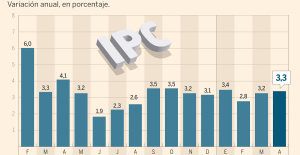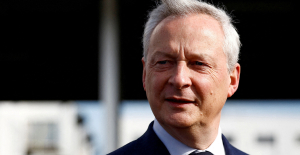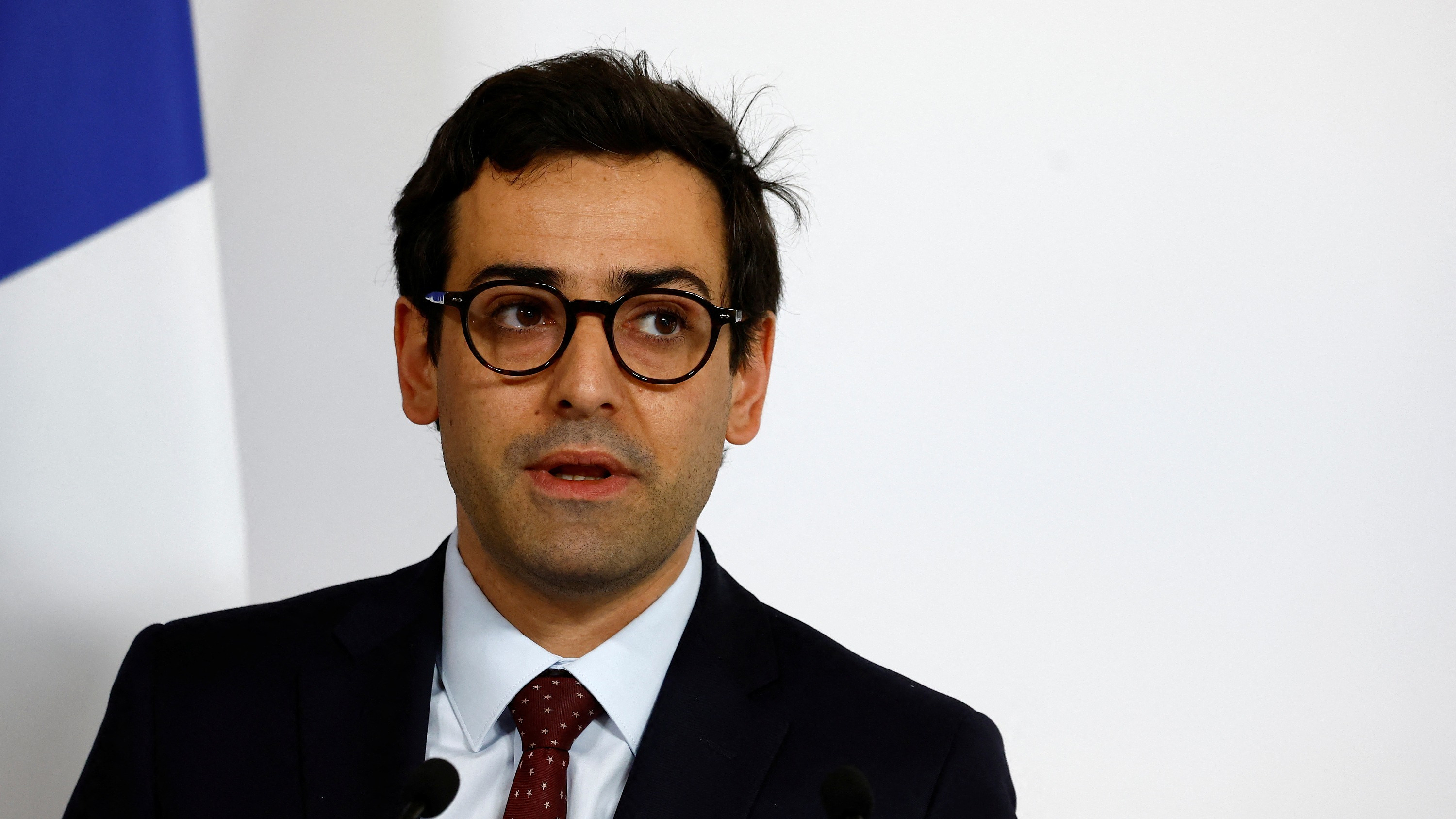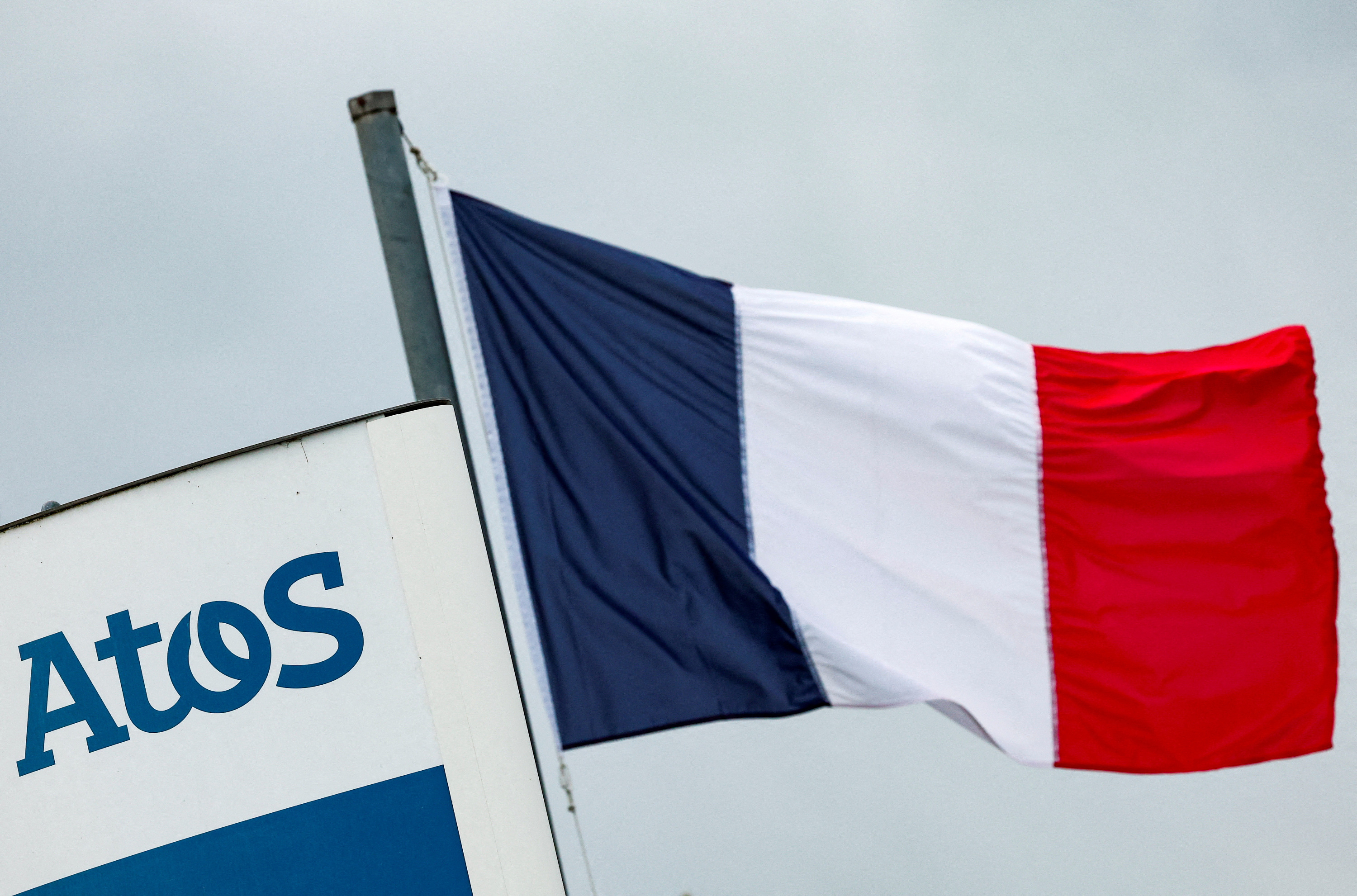This is “fake news” as it proliferates daily on social networks. Except that this required the direct intervention of the Minister of Foreign Affairs. Sunday April 14, the day after the Iranian attack on Israel, the head of French diplomacy Stéphane Séjourné announced the summoning of the Iranian ambassador to France to “send a message of firmness”. Quickly, certain influential accounts assured that there was no Iranian ambassador in France, therefore accusing the minister of ignoring his files.
This “information” obviously spread like wildfire on social networks, cheerfully taken up and without any verification by many Internet users. So much so that Stéphane Séjourné was forced to make a series of tweets on X, Monday April 15, to respond to the virality of this “fake news” and denounce “manipulation”. “There is indeed an Iranian ambassador in Paris: Mr. Amin-Nejad, summoned today to the ministry,” assured the minister, accusing those who spread this “fake news” of having “an agenda which is that of foreign powers.
The first fuse was lit by Caroline Galacteros, former diplomatic advisor to Éric Zemmour and president of Geopragma, a think tank which claims a “realistic” approach to geopolitics. “Has anyone warned our minister that there has been no Iranian ambassador to France for several years now?” she wrote on X on Sunday evening. This message, seen more than 2.5 million times, has been emulated. It was immediately taken up by Florian Philippot, president of the Patriots and former member of the National Front who has become a figure in conspiracy circles for his opposition to vaccines against Covid-19 and his desire for “Frexit”.
Also readMinister, party leader, candidate... Stéphane Séjourné, three hats for one man
Lawyer Régis de Castelnau, known as much for his conspiratorial positions during the Covid crisis as for his pro-Russian positions vis-à-vis the war in Ukraine, also reacted quickly. “He’s super strong. He is summoning an ambassador who does not exist,” he mocked, accusing the minister of not “checking before going to parade on the sets.”
Except that Iran did send, certainly recently, an ambassador to France. The Islamic Republic proposed the name of Mohammad Amin-Nejad in the fall, and France accepted it on February 7, the minister's entourage indicates to Le Figaro. “On March 18, the ambassador arrived at the Quai d’Orsay and handed over the figurative copies of the letters of credence, which allow him to exercise his functions,” we add. Since 2021, the function has been carried out by a simple business manager. On the website of the Iranian embassy in France, this change is not yet indicated. This delay in communication may have misled some people.
Caroline Galacteros quickly realized her mistake. After reading Stéphane Séjourné’s messages, the one who regularly pleads for the establishment of a “balanced dialogue” with Tehran has made amends. “I was just wrong by a few weeks and immediately made a correction that I ask my subscribers to relay,” she wrote. “I am really confused to have accidentally contributed to relaying this false information,” she added, without deleting her initial tweet. Just like Florian Philippot, who retweeted Caroline Galacteros' correction, without deleting his message.
Also read: Renaud Girard: “Resume a major negotiation with Iran”
Régis de Castelnau persists and signs. “The future Iranian ambassador has not yet taken office,” he assures. “This will be the case by submitting his credentials to the head of state, and until then, the charge d’affaires represents the Republic of Iran.” If the diplomat gave the figurative copies of the letters of credence to the head of protocol of the French Republic, he has in fact not yet given them to Emmanuel Macron.
“But that doesn’t change anything,” sweeps away the minister’s entourage. This ceremony is purely formal and the ambassador officially took office on March 18, we assure. Article 13 of the Vienna Convention on Diplomatic Relations is perfectly clear on the subject: “The head of mission shall be deemed to have assumed his functions in the receiving State as soon as he has presented his credentials or as soon as he has notified his arrival and that a figurative copy of his credentials has been presented. In addition, “Iran did send Mohammad Amin-Nejad to be summoned to the Quai d’Orsay, which means that it de facto considers him its ambassador,” underlines the minister’s entourage.
The matter could have ended there. But in his correction, Stéphane Séjourné formulated a strong and unprecedented attack against his detractors, whom he accused of following "an agenda which is that of foreign powers" by creating "confusion, doubt", and by "harming to democratic debate. “Either these people are convinced that they are better informed than the ministry, or there is an agenda,” specifies the Quai d’Orsay. In the first case, the “Dunning-Kruger effect” comes into play, according to Thomas Huchon, a specialist in social networks and disinformation*. This cognitive mechanism consists of having the impression of mastering a subject in which one has recently become interested. It “creates the illusion among these people that they have the legitimacy to speak,” underlines the specialist.
Also readIs Russia banking on “diplomacy of influence”?
Regarding “the agenda of foreign powers”, Stéphane Séjourné does not directly accuse his detractors of being agents in the pay of an external power. But in recent years, thanks to social networks, the enemies of France, and in particular Russia, have developed “a system which consists of identifying points of cleavage in French society and pressing on them with the help, often involuntary, useful idiots,” underlines Thomas Huchon. “By wanting to constantly demonstrate that French diplomacy is weak, they are playing into the hands of a strategy of foreign powers,” confirms those around the minister.
Régis de Castelnau, like Florian Phillipot, essentially uses social networks to denigrate France and delegitimize all official words. Latest example: learning on April 13 that the frigate Alsace had returned to port after a long mission in the Red Sea, the lawyer accused France of “beating a retreat” against the Houthis. While the ship was simply replaced by another frigate, as part of a classic rotation. “The real problem for these people is that they mostly get their information on the Internet, where disinformation reigns,” explains Thomas Huchon. “They are potentially sincere in their approach, but are manipulated by what they are faced with.”
*Thomas Huchon recently created an account on social networks, called “Anti fake-news AI”, to fight against fake news using artificial intelligence

 B:SM will break its investment record this year with 62 million euros
B:SM will break its investment record this year with 62 million euros War in Ukraine: when kyiv attacks Russia with inflatable balloons loaded with explosives
War in Ukraine: when kyiv attacks Russia with inflatable balloons loaded with explosives United States: divided on the question of presidential immunity, the Supreme Court offers respite to Trump
United States: divided on the question of presidential immunity, the Supreme Court offers respite to Trump Maurizio Molinari: “the Scurati affair, a European injury”
Maurizio Molinari: “the Scurati affair, a European injury” Inflation rises to 3.3% in April and core inflation moderates to 2.9%
Inflation rises to 3.3% in April and core inflation moderates to 2.9% Pedro Sánchez announces that he continues "with more strength" as president of the Government
Pedro Sánchez announces that he continues "with more strength" as president of the Government Irritable bowel syndrome: the effectiveness of low-carbohydrate diets is confirmed
Irritable bowel syndrome: the effectiveness of low-carbohydrate diets is confirmed Beware of the three main sources of poisoning in children
Beware of the three main sources of poisoning in children Relief at Bercy: Moody’s does not sanction France
Relief at Bercy: Moody’s does not sanction France More than 10 million holders, 100 billion euros: the Retirement Savings Plan is a hit
More than 10 million holders, 100 billion euros: the Retirement Savings Plan is a hit Paris 2024 Olympic Games: the extension of line 14 will open “at the end of June”, confirms Valérie Pécresse
Paris 2024 Olympic Games: the extension of line 14 will open “at the end of June”, confirms Valérie Pécresse Failing ventilators: Philips to pay $1.1 billion after complaints in the United States
Failing ventilators: Philips to pay $1.1 billion after complaints in the United States The Cannes Film Festival welcomes Omar Sy, Eva Green and Kore-Eda to its jury
The Cannes Film Festival welcomes Omar Sy, Eva Green and Kore-Eda to its jury Prisoner in Israel, a Palestinian receives the International Prize for Arab Fiction
Prisoner in Israel, a Palestinian receives the International Prize for Arab Fiction Harvey Weinstein, the former American producer hospitalized in New York
Harvey Weinstein, the former American producer hospitalized in New York New success for Zendaya, tops the North American box office with Challengers
New success for Zendaya, tops the North American box office with Challengers Skoda Kodiaq 2024: a 'beast' plug-in hybrid SUV
Skoda Kodiaq 2024: a 'beast' plug-in hybrid SUV Tesla launches a new Model Y with 600 km of autonomy at a "more accessible price"
Tesla launches a new Model Y with 600 km of autonomy at a "more accessible price" The 10 best-selling cars in March 2024 in Spain: sales fall due to Easter
The 10 best-selling cars in March 2024 in Spain: sales fall due to Easter A private jet company buys more than 100 flying cars
A private jet company buys more than 100 flying cars This is how housing prices have changed in Spain in the last decade
This is how housing prices have changed in Spain in the last decade The home mortgage firm drops 10% in January and interest soars to 3.46%
The home mortgage firm drops 10% in January and interest soars to 3.46% The jewel of the Rocío de Nagüeles urbanization: a dream villa in Marbella
The jewel of the Rocío de Nagüeles urbanization: a dream villa in Marbella Rental prices grow by 7.3% in February: where does it go up and where does it go down?
Rental prices grow by 7.3% in February: where does it go up and where does it go down? Europeans: a senior official on the National Rally list
Europeans: a senior official on the National Rally list Blockade of Sciences Po: the right denounces a “drift”, the government charges the rebels
Blockade of Sciences Po: the right denounces a “drift”, the government charges the rebels Even on a mission for NATO, the Charles-de-Gaulle remains under French control, Lecornu responds to Mélenchon
Even on a mission for NATO, the Charles-de-Gaulle remains under French control, Lecornu responds to Mélenchon “Deadly Europe”, “economic decline”, immigration… What to remember from Emmanuel Macron’s speech at the Sorbonne
“Deadly Europe”, “economic decline”, immigration… What to remember from Emmanuel Macron’s speech at the Sorbonne These French cities that will boycott the World Cup in Qatar
These French cities that will boycott the World Cup in Qatar NBA: young Thunder coach Mark Daigneault named coach of the year
NBA: young Thunder coach Mark Daigneault named coach of the year Athletics: Noah Lyles in legs in Bermuda
Athletics: Noah Lyles in legs in Bermuda Serie A: Dumfries celebrates Inter Milan title with humiliating sign towards Hernandez
Serie A: Dumfries celebrates Inter Milan title with humiliating sign towards Hernandez Tennis: no pity for Sorribes, Swiatek is in the quarterfinals in Madrid
Tennis: no pity for Sorribes, Swiatek is in the quarterfinals in Madrid

















